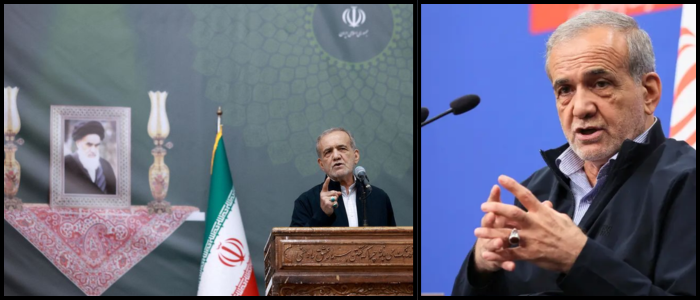
The Iranian parliament, which is dominated by hardliners, supported the cessation of cooperation unanimously. The powerful Guardian Council backed those steps as well. Iranian President Pezeshkian announced the suspension on state media. The I.A.E.A., which has been overseeing Iran's nuclear work, had not yet formally reacted, and it was unclear how long the suspension would be in place or whether inspectors would be expelled from the country.
Background of the Nuclear Accord and Tensions
Before the latest attacks, the IAEA had complained that Iran was withholding information and not living up to existing agreements. Iran was, under a 2015 international agreement, supposed to have curbed its nuclear activities in exchange for the lifting of economic sanctions. Then-President Trump, however, pulled the U.S. out of the agreement in 2018, deepening the rift.
Iran has previously used limited access to sensitive nuclear sites as a pressure tactic during international negotiations. With inspections more restricted, the IAEA staff are believed to still be in the country.
A Lack of Clarity on the Damage and Next Steps
Details of the damage from the strikes are disputed. Some, including President Trump, say that Iran's nuclear program is crippled, while others maintain that Iran has enough knowledge and know-how to restart it. IAEA chief Rafael Grossi recently conceded there has been extensive damage, though no estimate of the damage was available, he said.
Iran, for its part, said the damage was minimal and said that it had been weeks since enriched uranium was stored at the sites that were bombed. Critics of the military action say it could actually push Iran closer to developing a nuclear weapon, and believe the country sees the West — and the US in particular-as untrustworthy.









